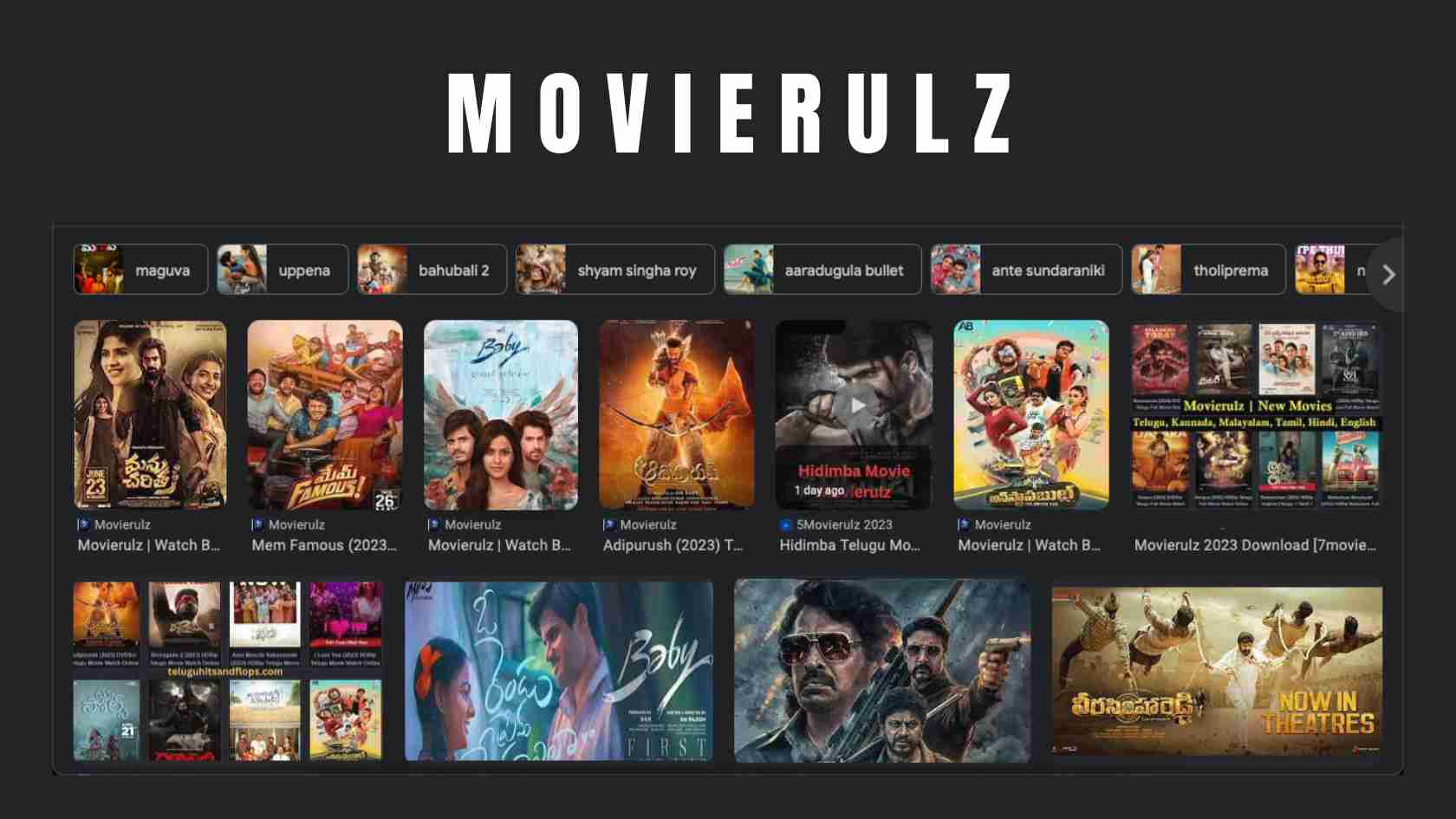No Results? "We Did Not Find Results" Tips & Tricks
Ever stared blankly at a search engine, frustration mounting as it stubbornly insists it can't find what you're looking for? The digital void of "We did not find results for: Check spelling or type a new query" is a ubiquitous experience, a stark reminder of the limitations of even the most powerful algorithms. It's a gateway to troubleshooting, a signal that something, somewhere, has gone awry in the complex dance between user intent and machine interpretation.
These error messages, seemingly simple, are loaded with potential meaning. They represent the failure of a system designed to connect us with information, a system that relies on precise language and accurate input. The "We did not find results for" portion highlights the absence of a match within the indexed data. This could stem from a multitude of reasons – a misspelling, the use of uncommon or specialized jargon, the absence of relevant content online, or even a temporary glitch in the search engine itself. The subsequent suggestion, "Check spelling or type a new query," offers a straightforward, if somewhat rudimentary, path toward resolution. It prompts the user to reconsider their search terms, to examine their phrasing, and to potentially approach the query from a different angle. It is a starting point, a gentle nudge towards refining the question asked of the digital oracle.
But what lies beneath the surface of this common digital encounter? The "no results" message can be a powerful indicator of trends in language, content creation, and information access. A surge in searches yielding this result for a particular topic could signal a gap in available information, an emerging area of interest that hasn't yet been adequately addressed online. Conversely, a decrease in such occurrences might reflect the growing maturity and comprehensiveness of online resources. For businesses and organizations, analyzing these patterns can offer valuable insights into customer needs and potential opportunities for content development. Understanding why users are encountering this "digital dead end" can inform strategies for improving website search functionality, optimizing content for search engines, and ultimately, providing a more seamless and satisfying user experience. It's a challenge, yes, but also a chance to learn and adapt in the ever-evolving digital landscape.
The impact of these messages extends beyond individual frustration. In a world increasingly reliant on search engines for education, research, and decision-making, the inability to find information can have significant consequences. Students struggling to locate relevant academic resources, professionals seeking critical data for their work, and individuals trying to make informed choices about their health or finances can all be negatively affected by the "no results" phenomenon. Furthermore, the perception of search engine reliability can be eroded by repeated encounters with such messages, leading to distrust and a reluctance to rely on online information sources. This underscores the importance of continuous improvement in search engine technology, data indexing, and content accessibility. It also highlights the need for users to develop strong information literacy skills, enabling them to critically evaluate search results and to employ effective search strategies.
In addition to the technical aspects, the "We did not find results for" message also touches upon the human element of search. It underscores the inherent ambiguity of language and the challenges of translating human intent into machine-readable code. Search engines, despite their sophistication, are still limited by their programming and their ability to understand the nuances of human expression. This gap between human and machine understanding is a constant source of friction, leading to errors and misunderstandings. Addressing this challenge requires a multi-faceted approach, encompassing advancements in natural language processing, machine learning, and user interface design. The goal is to create search systems that are more intuitive, more adaptable, and more capable of understanding the complexities of human language.
The proliferation of misinformation and disinformation online also contributes to the problem. Search engines often struggle to distinguish between credible and unreliable sources, leading to skewed or incomplete search results. In some cases, users may be unable to find accurate information simply because it is buried beneath a deluge of false or misleading content. This highlights the urgent need for improved methods of content verification and source evaluation. Search engines have a responsibility to prioritize credible sources and to combat the spread of misinformation, ensuring that users have access to accurate and reliable information. This is a critical challenge in an era of increasing online manipulation and the erosion of trust in traditional sources of information.
The "We did not find results for" message can also be a symptom of algorithmic bias. Search algorithms are often trained on datasets that reflect existing societal biases, leading to skewed or discriminatory search results. This can perpetuate inequalities and reinforce stereotypes, particularly for marginalized groups. Addressing algorithmic bias requires a conscious effort to identify and mitigate the biases embedded in training data and algorithms. This includes diversifying the teams that develop and maintain search engines, ensuring that algorithms are transparent and accountable, and continuously monitoring search results for signs of bias. It's a complex and ongoing process, but one that is essential for ensuring that search engines are fair and equitable for all users.
Moreover, the increasing prevalence of personalized search results can create echo chambers, limiting users' exposure to diverse perspectives and viewpoints. Search engines often tailor results based on users' past search history, location, and other personal data. While this can be convenient and efficient, it can also reinforce existing beliefs and prevent users from encountering challenging or contradictory information. Breaking out of these echo chambers requires a conscious effort to seek out diverse sources of information and to challenge one's own assumptions. It also requires search engines to provide users with greater control over their personalized search settings and to offer alternative perspectives on search queries.
The rise of voice search and other alternative search interfaces presents new challenges and opportunities for addressing the "no results" problem. Voice search, in particular, relies on accurate speech recognition and natural language understanding. Errors in either of these areas can lead to incorrect search queries and, ultimately, to "no results" messages. Improving the accuracy and robustness of voice search technology is crucial for ensuring that users can effectively access information using voice commands. Furthermore, alternative search interfaces offer the potential to provide more contextualized and personalized search results, reducing the likelihood of encountering "no results" messages. By leveraging user data and context, these interfaces can anticipate user needs and provide more relevant and timely information.
The challenge of "no results" is further compounded by the fragmentation of the digital landscape. With the proliferation of websites, apps, and online platforms, information is becoming increasingly dispersed and difficult to locate. Search engines struggle to keep up with the ever-expanding volume of online content, leading to gaps in their indexes. This underscores the need for improved methods of data aggregation and indexing. Search engines need to be able to effectively crawl and index the vast and diverse array of online resources, ensuring that users have access to a comprehensive view of the available information.
The "We did not find results for" message, therefore, is not merely a technical glitch. It is a reflection of the complex interplay between technology, language, and human intent. Addressing this challenge requires a multi-faceted approach, encompassing advancements in search engine technology, content creation, information literacy, and ethical considerations. By understanding the underlying causes of "no results" and by implementing effective strategies to mitigate them, we can create a more seamless, equitable, and informative online experience for all users. It's a journey of continuous improvement, a constant striving to bridge the gap between human needs and machine capabilities.
The impact of AI on search is also worth considering. The use of artificial intelligence and machine learning in search algorithms has significantly improved the accuracy and relevance of search results. However, AI also presents new challenges. For example, AI-powered search algorithms can be susceptible to biases in the data they are trained on, which can lead to discriminatory or unfair search results. Additionally, the use of AI in search can make it more difficult for users to understand how search results are generated, which can erode trust in search engines. It's important to address these challenges as AI continues to play an increasingly important role in search.
Consider the case of a user searching for information on a newly emerging scientific concept. If the term is not yet widely adopted or if research is limited, the search engine may return a "We did not find results for" message. This isn't necessarily a failure of the search engine, but rather a reflection of the current state of knowledge. In such cases, the user may need to broaden their search terms, consult specialized databases, or seek out expert opinions. The "no results" message can serve as a prompt to explore alternative information sources and to critically evaluate the available evidence.
Ultimately, overcoming the "We did not find results for" problem requires a collaborative effort between search engine developers, content creators, and users. Search engine developers need to continue to improve the accuracy, relevance, and fairness of their algorithms. Content creators need to ensure that their content is well-organized, easily accessible, and optimized for search engines. And users need to develop strong information literacy skills, enabling them to critically evaluate search results and to employ effective search strategies. By working together, we can create a more informative and empowering online experience for all.
Bio Data and Personal Information Example (Hypothetical)
| Name | Dr. Anya Sharma |
| Date of Birth | March 10, 1985 |
| Place of Birth | Mumbai, India |
| Nationality | Indian-American |
| Education | Ph.D. in Computational Linguistics, Stanford University |
| Research Interests | Natural Language Processing, Information Retrieval, Algorithmic Bias |
| Career | Senior Research Scientist, Google AI |
| Professional Affiliations | Association for Computational Linguistics (ACL), IEEE |
| Publications | Authored over 50 peer-reviewed publications in leading AI conferences and journals. |
| Awards | ACM Doctoral Dissertation Award, Google Faculty Research Award |
| Website | Google AI |



Detail Author:
- Name : Ms. Yolanda Aufderhar
- Username : ed75
- Email : leo.howe@gmail.com
- Birthdate : 1986-10-08
- Address : 592 Reinger Terrace Suite 822 Pfefferville, MA 11665
- Phone : 425-628-4583
- Company : Spinka, Daugherty and Pfeffer
- Job : Hand Trimmer
- Bio : Est nemo in sit quos quo ea architecto sint. Tempora eligendi excepturi porro impedit non. Fuga sapiente quos voluptas sequi. Quod est fuga quis dolorum quisquam ut non.
Socials
tiktok:
- url : https://tiktok.com/@granville_xx
- username : granville_xx
- bio : Alias quae culpa necessitatibus delectus eos.
- followers : 2982
- following : 1328
linkedin:
- url : https://linkedin.com/in/granville_wehner
- username : granville_wehner
- bio : Culpa minima doloremque atque tempore.
- followers : 1596
- following : 64